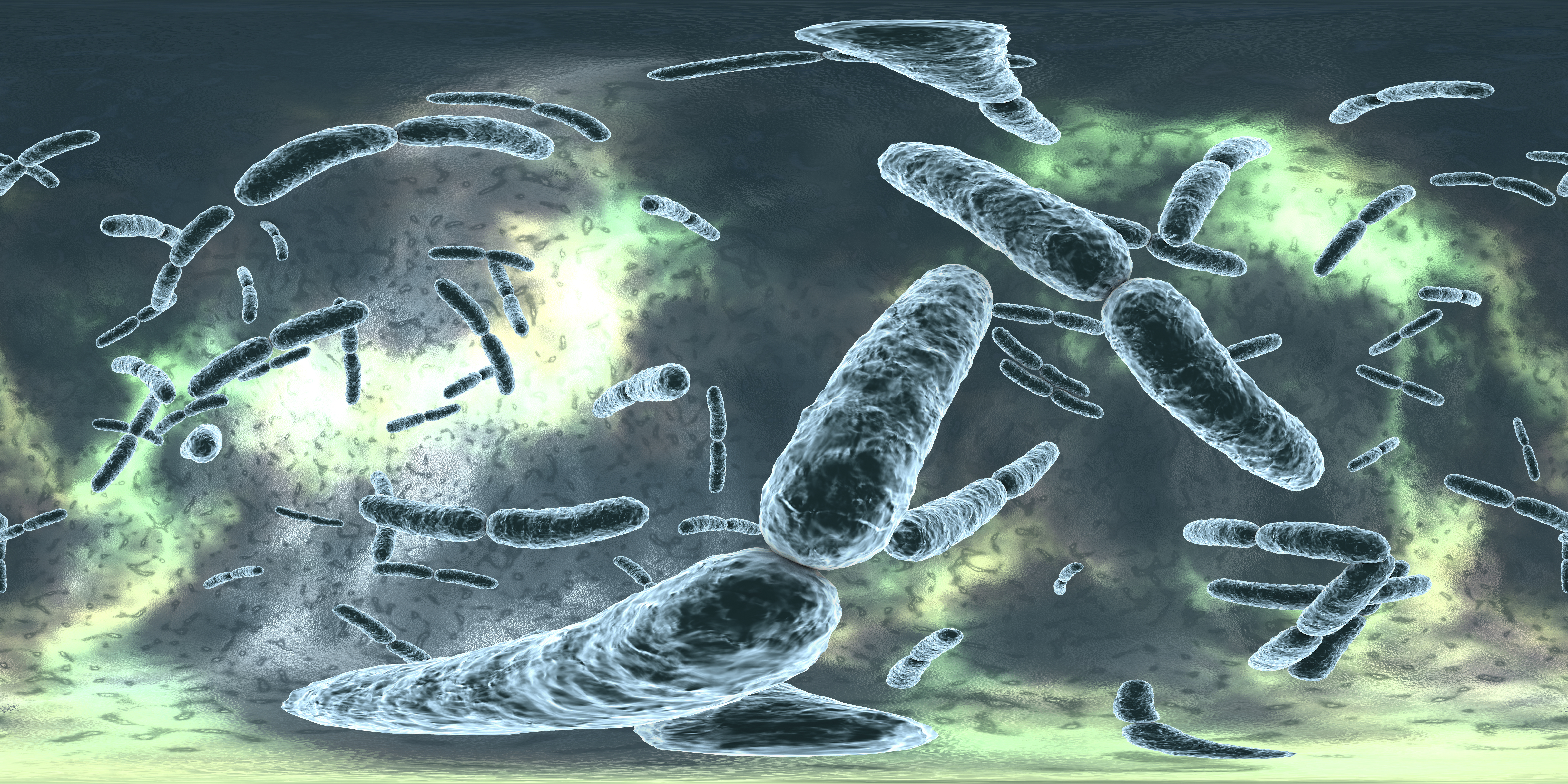Scialog: Microbiome, Neurobiology and Disease Fellows Named

Fifty promising early-career scientists have been named Fellows for a new Scialog initiative, Microbiome, Neurobiology and Disease. Co-sponsored by RCSA, the Paul G. Allen Frontiers Group and the Frederick Gardner Cottrell Foundation, the program begins with its first conference on April 30-May 3, 2020, in Tucson, Arizona.
Microbiome, Neurobiology and Disease will convene chemists, physicists, biologists, microbiologists, neuroscientists, and bioinformaticians to explore our understanding of the gut microbiome and its relationship to the brain in both normal and disease states.
Fellows are selected from multiple disciplines and institutions across the U.S. and Canada to maximize creative thinking and innovative ideas. At each conference, participants form multidisciplinary teams to design cutting-edge research projects, which they pitch to leading scientists who have facilitated discussions throughout the meeting. A committee of these facilitators then recommends funding to seed the most promising team projects, based primarily on the potential for high-impact results.
Microbiome, Neurobiology and Disease Fellows for 2020 are:
Athena Aktipis, Arizona State University, Biodesign Institute
Heather Bean, Arizona State University, School of Life Sciences
Elizabeth Bess, University of California, Irvine, Chemistry
Ran Blekhman, University of Minnesota, Department of Genetics, Cell Biology, and Development
Michael Burton, University of Texas at Dallas, Psychology Department.
Pamela Chang, Cornell University, Chemical Biology, Immunology
Ying-Hui Chou, University of Arizona, Psychology Department
Lawrence David, Duke University, Center for Genomic and Computational Biology
Cesar de la Fuente, University of Pennsylvania, Departments of Bioengineering, Microbiology, and Psychiatry
David Durgan, Baylor College of Medicine, Anesthesiology
Aida Ebrahimi, Penn State University, Electrical Engineering
Faranak Fattahi, University of California, San Francisco, Biochemistry and Biophysics
Linnea Freeman, Furman University, Biology
Flavio Frohlich, University of North Carolina at Chapel Hill, Psychiatry
Melanie Gareau, University of California, Davis, Department of Anatomy, Physiology and Cell Biology
Nandita Garud, University of California, Los Angeles, Ecology and Evolutionary Biology
Gianna Hammer, Duke University, Immunology
Stavroula Hatzios, Yale University, Molecular, Cellular and Developmental Biology
Elaine Hsiao, University of California, Los Angeles, Department of Integrative Biology & Physiology
Joel Kralj, University of Colorado, Boulder, Molecular, Cellular and Developmental Biology
Maayan Levy, University of Pennsylvania, Department of Microbiology, Perelman School of Medicine
Yang-Yu Liu, Harvard Medical School, Division of Network Medicine
Will Ludington, Carnegie Institute, Department of Embryology
Thomas Mansell, Iowa State University, Chemical & Biological Engineering
Luca Mazzucato, University of Oregon, Computational Neuroscience
Mark Mimee, University of Chicago, Microbiology
Shikha Nangia, University of Syracuse, Department of Biomedical and Chemical Engineering
Camille Nebeker, University of California San Diego, Behavioral Medicine and Global Health
Tanya Nguyen, University of California San Diego, Psychiatry
Lisa Osborne, University of British Columbia, Department of Microbiology & Immunology
Noah Palm, Yale University, Department of Immunobiology
Leah Pyter, Ohio State University, Psychiatry and Neuroscience
Xin Qi, Case Western Reserve University, Physiology and Biophysics
Courtney Robinson, Howard University, Biology
Ashley Ross, University of Cincinnati, Chemistry
Lisa Ryno, Oberlin College, Chemistry and Biochemistry
Timothy Sampson, Emory University, Physiology
Amina Schartup, University of California San Diego, Geosciences Research Division, Scripps Institution of Oceanography
Mei Shen, University of Illinois, Urbana Champaign, Chemistry
Abhishek Shrivastava, Arizona State University, School of Life Sciences
Robin Voigt-Zuwala, Rush University School of Medicine, Internal Medicine/Digestive Diseases and Nutrition
Harris Wang, Columbia University, Systems Biology
Wenjing Wang, University of Michigan, Life Sciences Institute
Christopher Whidbey, Seattle University, Chemistry
Irene Yang, Emory University, School of Nursing
Kaixiong Ye, University of Georgia, Genetics
JP Yu, University of Wisconsin Madison School of Medicine and Public Health, Radiology
Kai Zhang, University of Illinois, Urbana Champaign, Biochemistry
Yanjiao Zhou, University of Connecticut, Immunology
Joel Zylberberg, York University, physics
Microbiome, Neurobiology and Disease will be facilitated by these leading scientists:
Emily Balskus, Harvard University
Barbara Bendlin, University of Wisconsin
Rob Bryan, Baylor College of Medicine
Judith Eisen, University of Oregon
Rima Kaddurah-Daouk, Duke University
Ali Keshavarzian, Rush University School of Medicine
Rosy Krajmalnik-Brown, Arizona State University
George Weinstock, Jackson Laboratories
Multiple organizations will be represented at the meeting by the following program officers:
Catalina Achim, National Science Foundation
Alexandra Basford, Allen Institute
Anne Hultgren, Beckman Foundation
Shaun Kirkpatrick, Frederick Gardner Cottrell Foundation
Stephani Otte, Chan Zuckerberg Initiative
Kathryn Richmond, Allen Institute
Chris Somerville, Open Philanthropy
Heather Youngs, Open Philanthropy
Andrew Feig, Research Corporation
Silvia Ronco, Research Corporation
Richard Wiener, Research Corporation






